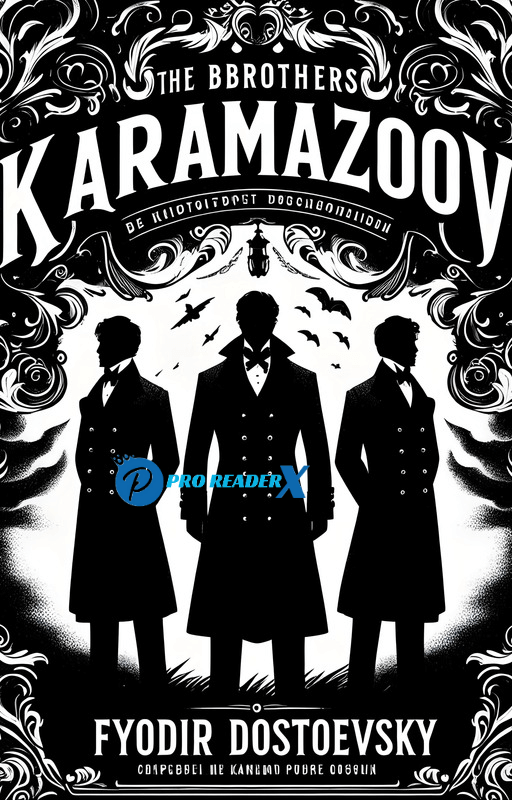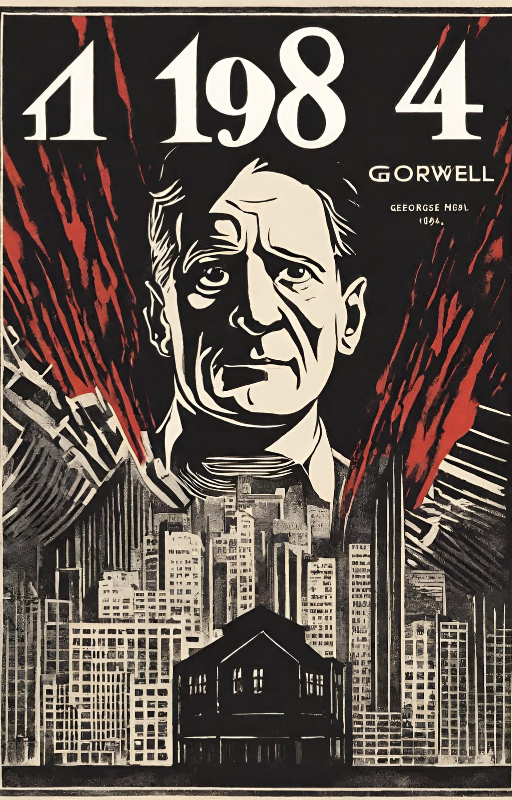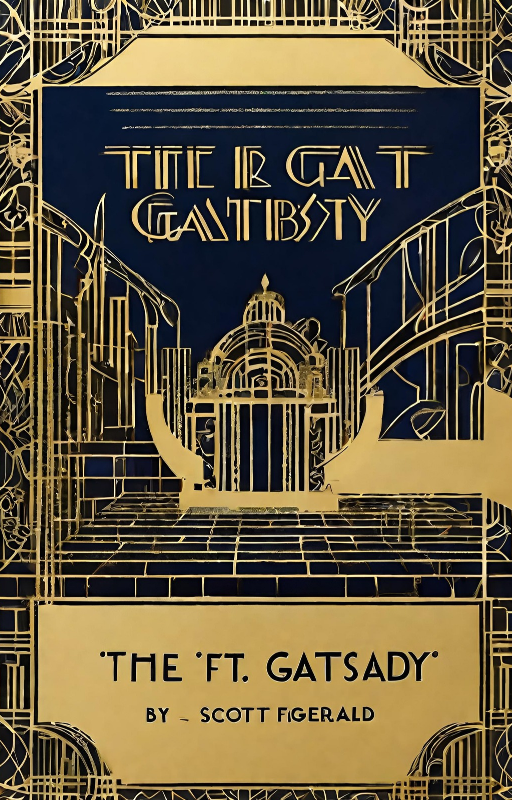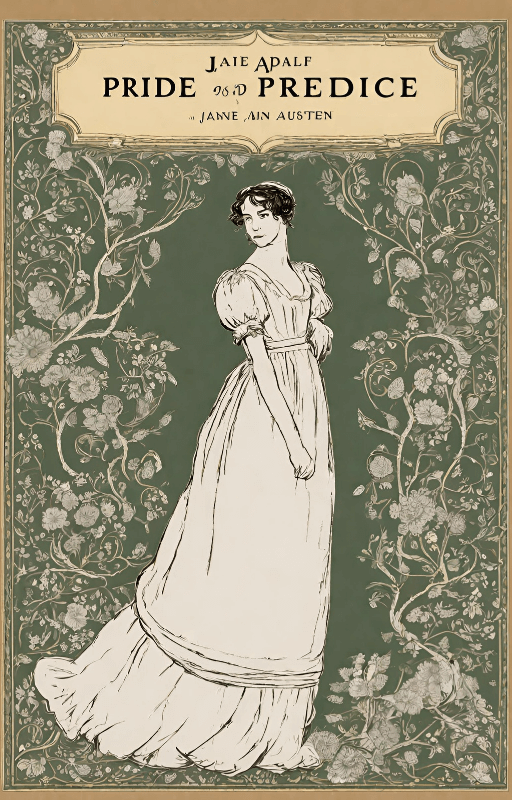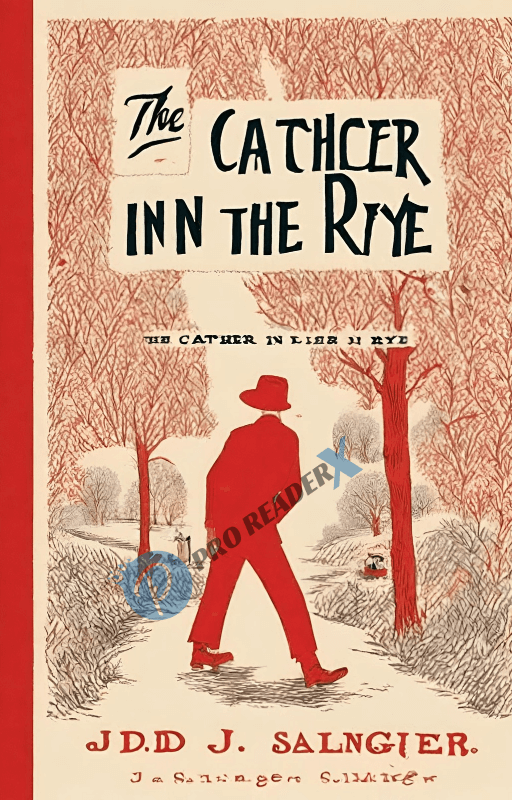Introduction
Fyodor Dostoevsky’s “The Brothers Karamazov” is not just a book; it’s a journey through the depths of human existence, a philosophical exploration that transcends time. Dive into this masterpiece and discover a world where morality, religion, and family intertwine in the most profound and complex ways.
Background
Let’s start with the man behind the pen: Fyodor Dostoevsky. Born in 1821, Dostoevsky was a Russian novelist, philosopher, and essayist, renowned for his psychological insights into the human soul. “The Brothers Karamazov,” his final novel, was published in 1880, just before his death. Set in 19th-century Russia, the novel reflects the social and political turmoil of the time, offering a profound commentary on the human condition.
Plot Summary
At its core, “The Brothers Karamazov” revolves around the lives of the Karamazov family: Fyodor Pavlovich, a lecherous and selfish father, and his three sons—Dmitri, Ivan, and Alyosha. The novel explores their relationships, conflicts, and inner struggles, culminating in the mysterious murder of Fyodor Pavlovich. As the plot unfolds, we witness a complex web of love, jealousy, and redemption, leading to a gripping climax that challenges our understanding of morality and justice.
Themes
Dostoevsky delves deep into the human psyche, tackling existential questions with unparalleled depth. Through the lens of the Karamazov brothers, he examines the nature of good and evil, the existence of God, and the meaning of life itself. The novel grapples with the complexities of morality, posing profound questions that resonate with readers long after they turn the final page.
Characters
Each character in “The Brothers Karamazov” is meticulously crafted, with layers of complexity that mirror the richness of the human experience. Dmitri, the passionate and impulsive son, struggles with his desires and his sense of duty. Ivan, the intellectual skeptic, grapples with the existence of God in a world filled with suffering. And Alyosha, the youngest brother, embodies compassion and spiritual purity, serving as a moral compass amidst the chaos.
Literary Style
Dostoevsky’s writing is a tapestry of psychological depth and philosophical insight. He masterfully weaves together multiple narratives, using symbolism and allegory to convey profound truths about the human condition. From the hauntingly beautiful prose to the intricately layered symbolism, every word in “The Brothers Karamazov” is imbued with meaning, inviting readers to ponder the mysteries of existence.
Impact
Since its publication, “The Brothers Karamazov” has left an indelible mark on literature, inspiring countless writers and thinkers around the world. Its exploration of existential themes and complex characters has earned it a place among the greatest novels of all time. From its initial reception to its enduring legacy, Dostoevsky’s masterpiece continues to captivate readers with its timeless relevance.
Modern Relevance
Despite being written over a century ago, the themes of “The Brothers Karamazov” remain strikingly relevant in today’s society. As we grapple with moral dilemmas, existential crises, and the search for meaning, Dostoevsky’s insights offer invaluable guidance. Whether through film adaptations or philosophical debates, the novel continues to spark discussions that illuminate the human condition in profound ways.
Conclusion
In conclusion, “The Brothers Karamazov” is not just a novel; it’s a philosophical inquiry into the essence of existence. Through its rich characters, intricate plot, and profound themes, Dostoevsky invites us to confront the fundamental questions of life and embrace the complexity of the human experience. As we navigate the labyrinth of morality and meaning, let us heed the wisdom of this timeless masterpiece and discover truths that resonate across generations.
FAQs
- Is “The Brothers Karamazov” based on a true story?
No, “The Brothers Karamazov” is a work of fiction. However, it draws inspiration from Dostoevsky’s own experiences and philosophical beliefs. - What is the significance of the novel’s title?
The title refers to the three Karamazov brothers—Dmitri, Ivan, and Alyosha—and their relationships with each other and their father, Fyodor Pavlovich. - Is “The Brothers Karamazov” difficult to read?
While the novel is dense and complex, it rewards readers with profound insights into the human condition. Taking it slow and savoring each chapter can enhance the reading experience. - Are there any film adaptations of “The Brothers Karamazov”?
Yes, there have been several film and television adaptations of the novel, each offering a unique interpretation of Dostoevsky’s masterpiece. - What makes “The Brothers Karamazov” a timeless classic?
The novel’s exploration of universal themes, complex characters, and profound philosophical questions ensures its enduring relevance in literature and beyond.
